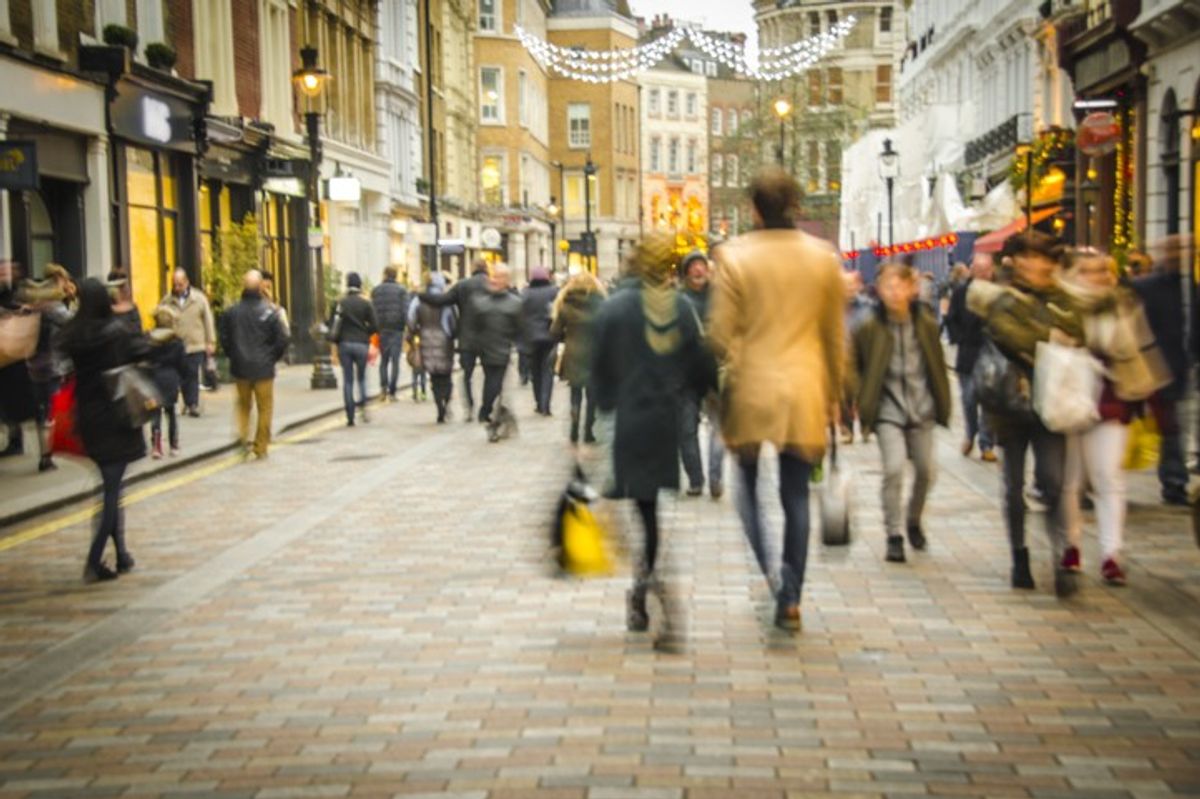According to a new Accenture research, price remains a significant factor in spending decisions this festive season, with nearly two-thirds of Brits (62 per cent) maintaining or reducing their budget compared to last year,
Feeling the squeeze, shoppers are tightening their purse strings yet again, with consumers planning to spend on average 11 per cent less than last year. To manage festive spending, 41 per cent are setting strict budgets and 36 per cent are searching for promotions, while nearly half (45 per cent) plan to delay their shopping until November and December.
As shoppers seek more economical ways to gift, the research shows that one in five (20 per cent) UK adults plan to buy presents second-hand from resale platforms, such as Vinted or Depop, or from charity shops. This trend is even more pronounced among Gen Z, with 25 per cent incorporating thrifting into their festive shopping plans.
Stuart Chalmers, retail lead for Accenture in the UK, said, “It will be another tricky festive season for retailers this year. Not only will they need to navigate consumers who continue to be cautious with their spending, but they must account for a developing shift in shopping behaviour, especially amongst Gen Z and Gen Alpha. These younger generations are embracing ‘lifestyle commerce’, which offers seamless shopping experiences and dynamic, consumer-driven marketplaces often found on social media platforms.
"To meet sales targets, retailers must understand that shoppers are increasingly moving towards digital channels, and resale platforms, not solely for financial reasons, but because they prefer the experience. More than ever, it’s crucial for retailers to understand the underlying motivations behind these behavioural shifts and adjust their strategies to accommodate the changing landscape.”
Experience based gifts
Many consumers are moving away from material gifts altogether in 2024, opting for more specific experiences instead. Nearly half (48 per cent) of shoppers said experience-based gifts, like travel and entertainment would allow them to do something unique.
Brits are at the forefront of this trend, with 67 per cent considering buying experiences for family and friends this season with most popular gift being entertainment, such as concert or theme park tickets (49 per cent), followed by travel (44 per cent) and wellness, like gym or spa and yoga retreats (43 per cent).
Gift cards
With UK festive shoppers overwhelmed by the amount of information they need to sift through when buying a gift (76 per cent) and 77 per cent overwhelmed by the number of options, weary shoppers are turning to gift cards to solve their "buyers’ block" – with over half of Brits receiving one last year.
While gift cards are chosen for their convenience – 71 per cent of consumers cite ease as the main reason for buying them. However, 39 per cent of receivers felt disappointed that the giver did not spend enough time to plan a personalised gift. To compound this, the research found that recipients aren’t making the most of their gift cards, with fewer than half using the total balance, and a notable 27 per cent forgetting about it entirely. As a result, an average of £109 per person was left unspent on gift cards in the UK last year.
While the purchase of a gift card immediately translates into revenue for the retailer, unredeemed cards represent a significant missed opportunity for retailers, which could gain new, lifelong customers and incremental sales if used effectively.
Chalmers continued, “With Brits fed up with receiving gift cards in their current state, there is great potential for a redesign. Building creativity and interactivity into the experience can help evolve gift cards from a last-minute, mind-blank gifting solution, into a thoughtful and personal gift that customers are excited to give, and recipients are excited to use."


